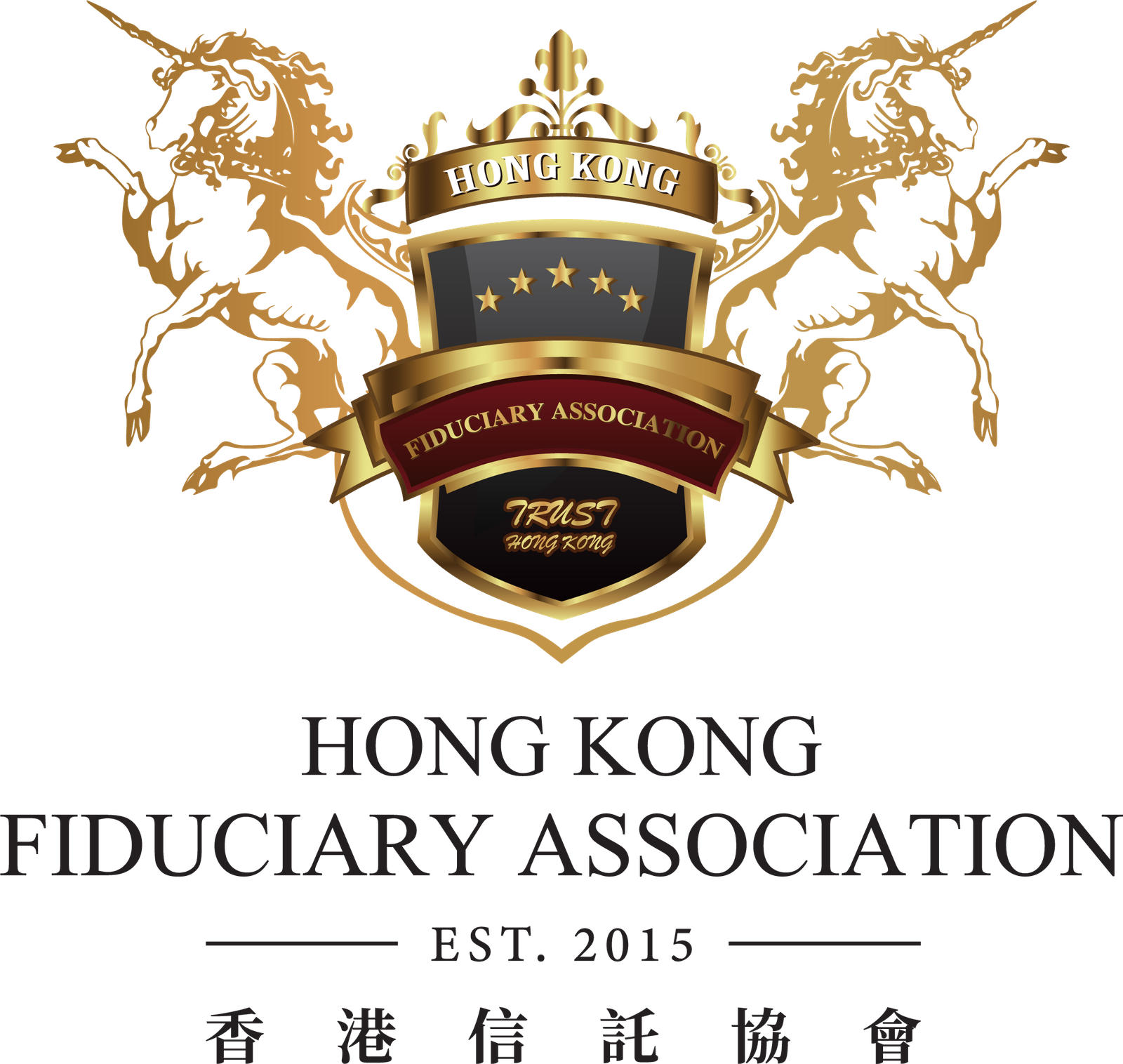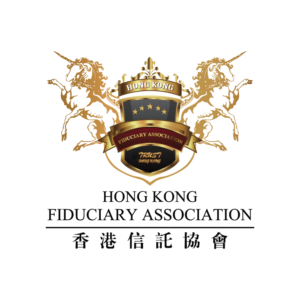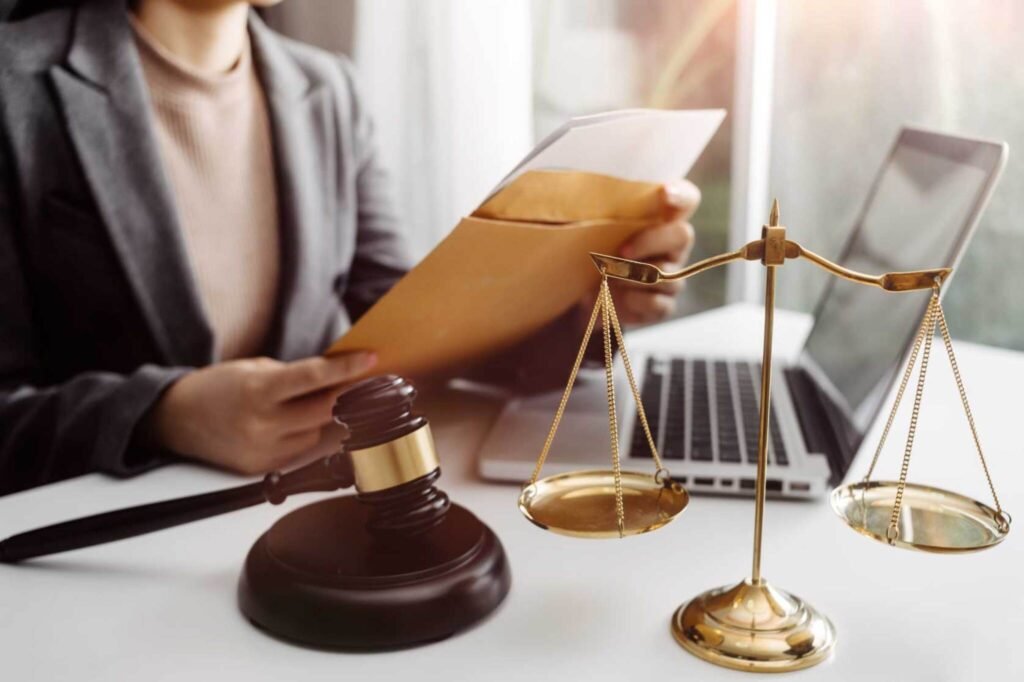The Misconception Around Asset Protection
Many high-net-worth individuals associate asset protection with litigation, bankruptcy, or creditor threats. It is often viewed as a defensive move. However, asset protection is broader and more strategic.
A well-structured trust does more than shield against lawsuits. It secures control, defines access, prevents forced succession outcomes, and creates legal distance from personal liabilities before any dispute occurs.
Quiet Risks Beyond Courtrooms
The most damaging threats to wealth are often legal, procedural, and slow. For example, they include:
Frozen accounts during audits or investigations
Conflicting inheritance claims across jurisdictions
Family members gaining access through intestacy
Regulatory inquiries triggered by ownership visibility
Sudden incapacity without continuity plans
These issues do not require conflict or wrongdoing. Instead, poor structuring alone is enough to trigger them.
What Trust Structures Actually Do
A Hong Kong trust legally separates the settlor from the assets. The trustee receives ownership and manages those assets based on a written trust deed. This deed outlines how and when beneficiaries may receive distributions.
As a result, trust-held assets become insulated from personal issues such as incapacity, legal disputes, or shifts in jurisdiction. The trustee continues to act according to the deed, even when external circumstances change.
Scenario: Protection Without Litigation
A Dubai-based executive holds investment accounts across several countries. He has never faced a lawsuit. However, new disclosure rules are introduced in his home jurisdiction. Authorities flag and freeze his personal offshore accounts for review.
Fortunately, his core wealth sits within a Hong Kong discretionary trust. Trustee-managed entities own the assets, not the executive himself. Therefore, enforcement actions do not apply. No litigation occurred, but the structure still preserved his access and control.
How Hong Kong Trusts Safeguard Control
Hong Kong trusts allow flexibility and structure. These features enable lasting oversight:
Reserved powers let the settlor retain veto or appointment rights
Protectors can supervise trustees or approve key decisions
Discretionary terms prevent fixed entitlements and offer adaptability
Multi-generational clauses keep the trust active across time
Underlying entities hold property, shares, and accounts on behalf of the trust
As a result, the trust functions without relying on personal ownership or post-crisis interventions.
Why Legal Recognition Matters
Hong Kong’s trust regime follows English common law. It allows flexible deed drafting, supports international assets, and imposes no capital gains tax on trust-held growth. In addition, it offers a regulated, enforceable legal environment.
Families do not need to depend on secrecy, complex offshore setups, or loopholes. A Hong Kong trust is a transparent, enforceable option that provides continuity.
Asset Protection as Forward Planning
Asset protection is not just for people facing lawsuits or business failure. It is for anyone who values legal clarity, control, and continuity, especially before problems arise. A trust is not a shield used after the fact. Instead, it is a proactive structure built to preserve wealth, govern access, and protect your terms over time.

 Chinese (Simplified)
Chinese (Simplified)




